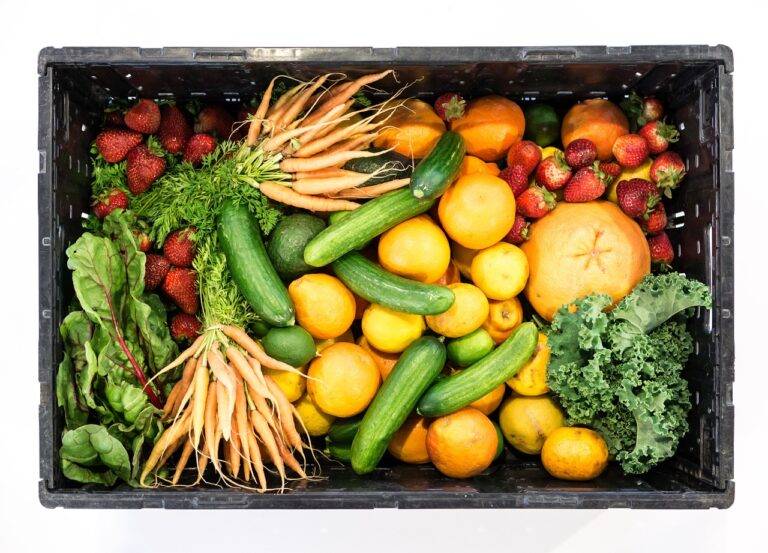The Growth of Local Food Markets and CSAs
Supporting local farmers is not just a trend but a crucial step towards building a sustainable food system. By purchasing directly from local farmers, consumers can enjoy fresh and seasonal produce that is full of flavor and nutrients. This direct connection also helps reduce the carbon footprint associated with transporting food over long distances.
In addition to promoting environmental sustainability, supporting local farmers also strengthens the local economy. When consumers choose to buy from local farmers, they are investing in their community and helping to create jobs in the agricultural sector. This support not only benefits farmers financially but also contributes to the overall well-being of the community by fostering a sense of unity and connection among residents.
How CSAs Benefit Both Farmers and Consumers
Community Supported Agriculture (CSAs) provide a direct connection between farmers and consumers, fostering a sense of community and mutual support. By joining a CSA program, consumers can access fresh, locally grown produce while also supporting small-scale farmers in their region. This direct relationship eliminates the need for middlemen, ensuring that farmers receive fair compensation for their hard work and dedication.
For farmers, CSAs offer a stable income stream and reduce the uncertainties associated with traditional farming practices. By receiving payments upfront from members of the community, farmers can better plan their crop production and allocate resources efficiently. Additionally, CSAs create a sense of accountability and transparency, as farmers engage directly with their customers, fostering trust and loyalty within the community.
What is a CSA?
CSA stands for Community Supported Agriculture, which is a system that connects local farmers directly with consumers. Consumers purchase a share of the farm’s produce for a season and receive a regular supply of fresh, locally grown food.
How do CSAs benefit farmers?
CSAs provide farmers with a stable and predictable income, help reduce financial risks, and allow them to focus on growing high-quality produce instead of worrying about marketing and distribution.
How do CSAs benefit consumers?
Consumers benefit from CSAs by getting access to fresh, seasonal produce that is often more nutritious and flavorful than store-bought produce. They also have the opportunity to support local farmers and contribute to the sustainability of their community.
Can consumers customize their CSA shares?
Some CSAs allow consumers to customize their shares by selecting their preferred fruits and vegetables, while others offer a standard share of whatever is in season. It depends on the specific CSA program.
Are CSAs cost-effective for consumers?
While CSAs may require an upfront payment for a season’s worth of produce, they often provide a better value compared to buying the same amount of produce at a grocery store. Plus, consumers are supporting local farmers and promoting sustainability.





